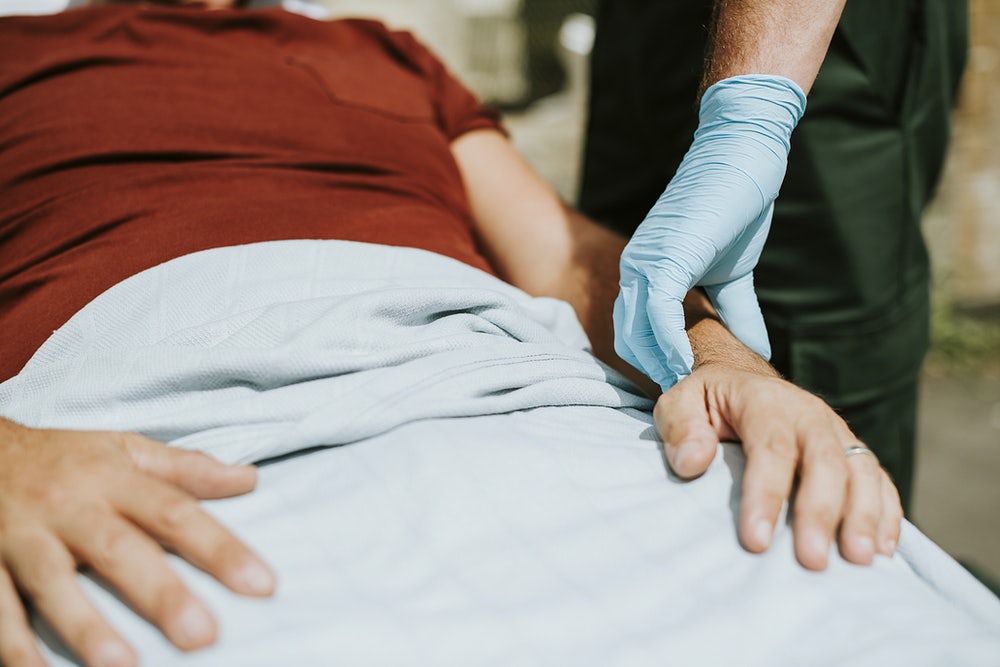
Personal Injury Liability: What You Should Know
It’s challenging to undergo physical or emotional injuries because of someone else’s fault. The physical pain, emotional distress, and medical expenses can quickly take their toll. However, it’s not always easy to prove that the person who injured you is legally accountable for your injury.
Making injury claims can be a complicated process. That’s why it’s essential to understand what you’re confronting when dealing with a personal injury liability case.
Personal Injury Liability: What Is It?
Another word for liability is responsibility. It means that a person at fault for your injury is responsible, and you may be eligible to file a compensation claim.
For instance, in a medical negligence case, the health provider or staff who provided services for you that resulted in your condition is liable for the additional medical bills you incur, your suffering, pain, and disability. Another example is when an employer removes a safety guard on a dangerous piece of equipment, they can be liable if you sustained injuries with its use.
RELATED ARTICLE: What to Look for in a Personal Injury Lawyer
Proving Liability
Should you make a claim, your lawyer will collect evidence that will help build your case. Your attorney will work to prove that the other party caused your injury. The best thing you can do to prove your case is to provide the lawyer with the details of the events that led to your injury.
The lawyer will obtain all the necessary documentation, conduct a background investigation, and if appropriate, negotiate the compensation claim for you. The ultimate goal of this process is to ensure that you receive what’s sufficient to cover your losses and the suffering you’ve endured.
If the lawyer proves that the following points are true to your case, the other party is liable for your injuries.
- They missed their legal responsibility of care to you: This means that the other party failed to perform what’s legally expected of them.
- This led to your injury: Due to their irresponsibility, it caused you harm
- They could have prevented the accident: Had they performed according to standard, the injury would not have happened.
- The monetary losses to treat your medical condition (medical bills), and your wage losses. These losses require compensation. Compensation means to “make up for” what has been taken from you because of the injury caused by the other person’s failure to adhere to their legal duty.
The other party is legally responsible for your injury if all four points apply to your case.
RELATED ARTICLE: When Should I Get a Personal Injury Lawyer?
The Importance of Liability for Your Insurance Claim
Sometimes, it can be challenging to determine who’s liable for your injury, and if so, how much. If you need help, you should talk to a personal injury lawyer. These professionals have the expertise to determine if someone else is liable for your injury and if you can make a personal injury claim.
RELATED ARTICLE: What Does a Personal Injury Lawyer Do?
Key Takeaways
If another person harmed you physically or emotionally due to their irresponsibility or negligence, you might be able to file a personal injury claim against them. A lawyer will look into the liability of the other person to prove your claim. Talk to a personal injury lawyer for advice if you think you can qualify for an injury claim.
CLICK FOR OUR PROVEN PERSONAL INJURY PROCESS
Work With a Local Personal Injury Attorney
When you get into an accident and look up “personal injury lawyer near me”, look no further than Arthur Law Firm Co., LPA, a law firm that has been in business for more than 50 years, representing accident victims in Defiance, Toledo, Napoleon, Wauseon, and Maumee.
Get what is due with the right legal representation. Contact us today.